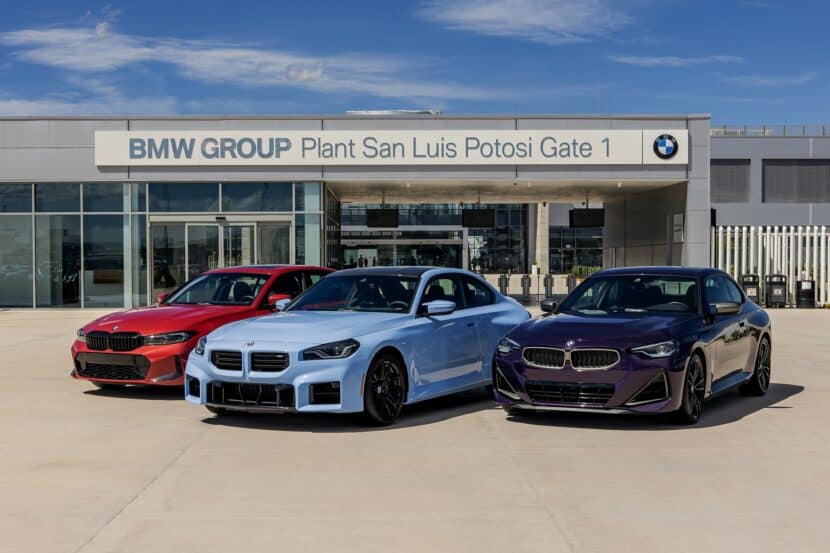The rumors were true – BMW and Toyota are expanding their collaboration in the field of fuel cell technology. Better yet, the German luxury brand intends to launch a series-production hydrogen car in 2028. Although there have been numerous prototypes over the decades, this will be the company’s first hydrogen car sold to customers.
Understandably, BMW doesn’t go into details about the vehicle’s identity. It’s just too early. However, it does say the hydrogen vehicle will be a version of an existing model line. In other words, it won’t create another “Series” since the vehicle will be integrated within the existing portfolio. We’ll have to wait and see whether it’ll be an SUV or a different body style. The Munich-based marque doesn’t say if the vehicle will sit on the CLAR platform or the upcoming Neue Klasse architecture.
BMW has been pursuing hydrogen since the late 1970s with a 5 Series (E12) test car dubbed “520h.” There were also 750hL (E38) and 760Li (E65) sedans, the H2R record car, and the Hydrogen i8. Some will remember there was even a 5 Series Gran Turismo hydrogen prototype we drove in 2015.
The most recent effort is represented by the iX5 pictured here. However, it’s too late for this generation the get the hydrogen treatment. If BMW decides to use the X5 as the basis, it’ll likely do it for the “G65” model due around 2027. The posh SUV will continue on the CLAR platform and is expected to get a battery-powered EV derivative as well.
In four years from now, BMW will become the first luxury automaker to sell a hydrogen car. In the mainstream segment, Toyota has been doing it since 2014 with the Mirai. The sedan is currently in its second generation, launched in 2020. As you can imagine, the Japanese brand will roll out its own models resulting from the collaboration with BMW. The two companies promise cars with “distinct brand identities and characteristics,” so expect a lot more than just rebadging.
Aside from working on fuel cell tech, BMW and Toyota are channeling their efforts into improving the refueling infrastructure. They’re looking for partners to build more hydrogen stations of which there were reportedly fewer than 1,000 at the end of last year.
Source: BMW






































































